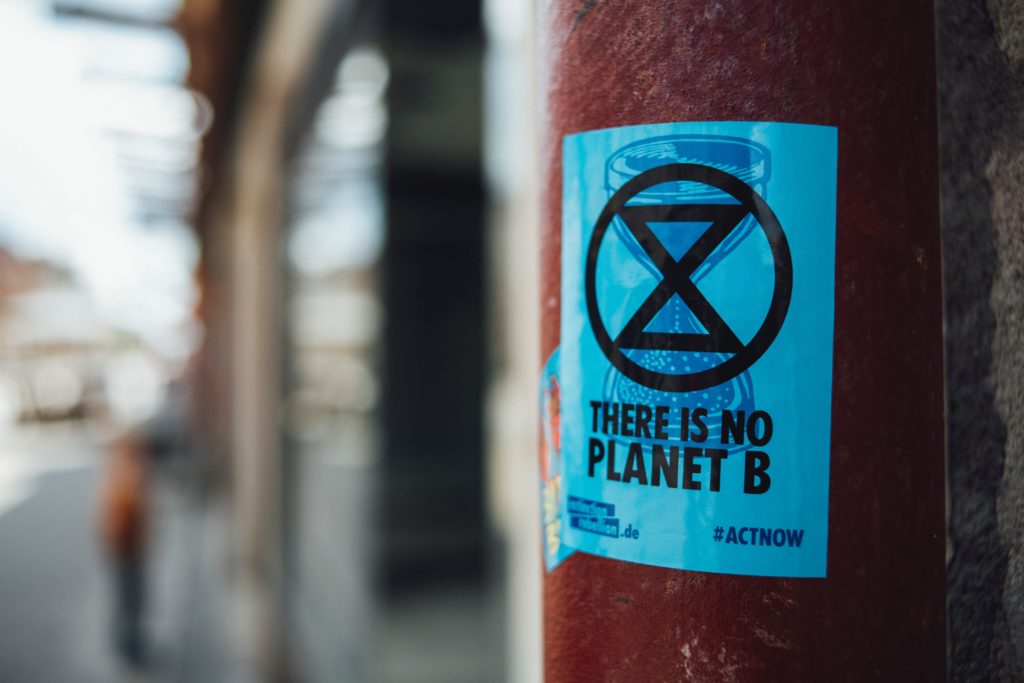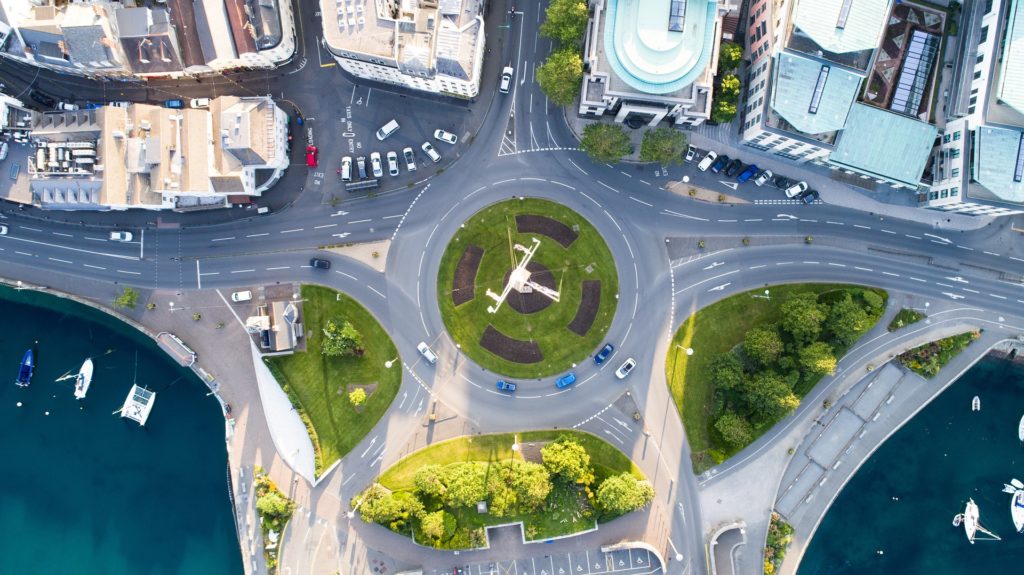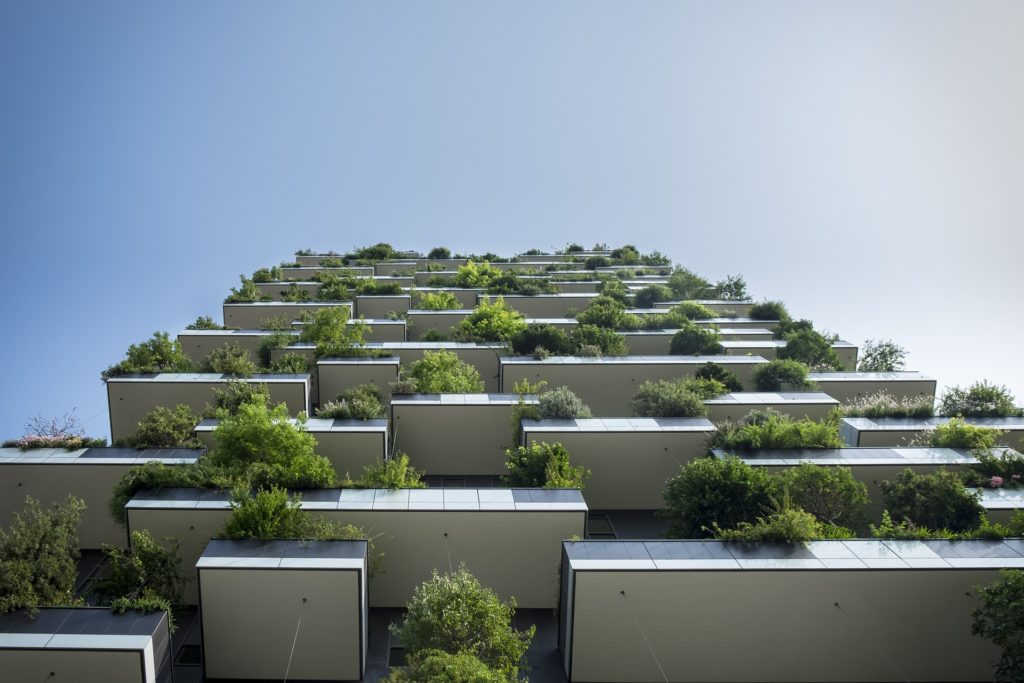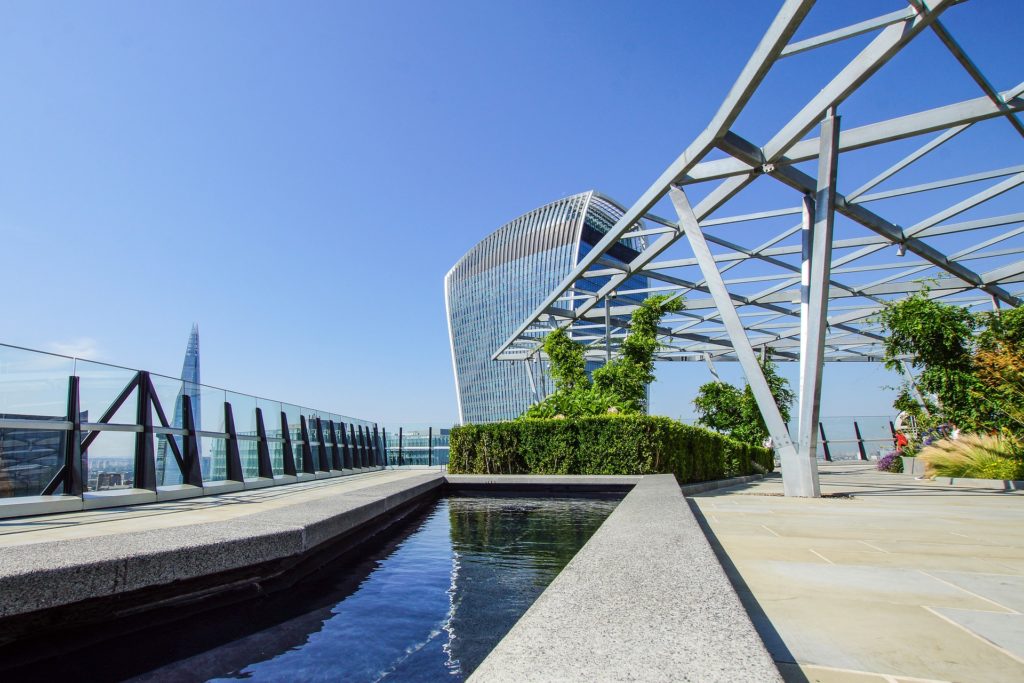COVID-19: A clarion call to rebuild our cities greener and finally put nature centre stage.
By Jessica Tinkler MSc Climate Change: Impacts, Adaptation and Mitigation Graduate (Ethical Team Intern Associate)

Most of us know our current relationship with the environment is broken. In fact, it compromises our own long-term survival as a species. As governments and big business continue to exploit the planets finite natural resources, we can only standby and witness the acceleration of climate change and the deterioration of the environment. This is the new public health emergency alongside the existing climate emergency.
Recognising the need to sustain Rainforest but also the crisis in our biologically impoverished cities
This week coincided with World Rainforest Day. Deforestation and the removal of natural vegetation reduce the Earth’s capacity to sequester carbon and naturally regulate the climate.
Deforestation and land-use change, however, are not exclusive to the rainforests, as it is often portrayed, but are also prevalent locally. As urban areas expand, natural areas are cleared and paved for habitation, leaving biologically impoverished cities. The environmental sphere of influence of urban areas extends beyond the confines of a city, with parallel land use changes in rural areas for agriculture and infrastructure. With demographic changes and population growth, these spheres are swelling. With this, we not only reduce our ability to remove carbon and pollutants from the atmosphere and ecosystems, but we inhibit our natural environmental protections and increase our susceptibility to future climate hazards, including flooding, droughts, urban heat island and weather extremes.

Climate change, poor urban planning, public health and nature are all inextricably linked
It is clear COVID-19 has resulted from our failure to embrace long term environmental stewardship. Indisputable evidence is emerging, linking the environmental determinants of many diseases including infectious diseases and zoonoses but also allergies and mental health disorders, and so without a change in culture and behaviour, it is likely further public health emergencies will emerge in the future.
With half of the global population residing in urban areas, an ever-increasing population, and global net rural to urban migration, urban areas must become more resilient to future natural hazards while safeguarding public health. Enveloping ecosystem services, the essential benefits we obtain from the environment, into urban planning will enable us to simultaneously reach our climate adaptation goals, increase urban resilience and reduce the public health burden.
Time to accelerate city-based solutions from green roofs, bioretention initiatives, rainwater harvesting initiatives to integrated urban ecosystems.

“Green cities” must incorporate nature into urban planning, conserving wild ecosystems where possible or recreating natural areas where this is unfeasible. With nature at the forefront of development initiatives, we can design living spaces which are climate-resilient, with synergistic outcomes of improved air quality, clean water systems, improved food production and biodiversity. These ecosystem services are fundamental for human health and wellbeing both directly, and indirectly in the long and short term. Post-COVID-19 we could see futuristic green cities, abundant with green roofs and walls, bioretention initiatives (vegetated areas created to extract contaminants and improve drainage during extreme rainfall events), rainwater harvesting initiatives and urban ecosystems.
Governments are failing to deliver on their environmental election policy pledges
The Committee on Climate Change (CCC) denounced the government in 2019 for failing to address any aspect of climate change sufficiently, and urban areas are no different. Unfulfilled “tree-pledges”, insufficient at the outset, fail to integrate urban areas which urgently need green spaces to reduce soil degradation, regenerate groundwater supplies and to absorb the impacts of temperature extremes and rainfall throughout the year. In spite of this, across England the public have been offered the opportunity to decide where trees will be planted, might these decisions incorporate the needs of urban areas? Potentially, this could incite the development of “green cities” across the UK.
What we need now – a consensus that we can harness this disruption to recalibrate our future

The CCC advises the UK government to focus the COVID-19 recovery on creating a cohesive and holistic green agenda, including investment in green infrastructure, tree planting and ecosystem restoration. And so, in the wake of COVID-19 we must force governments to adopt green energy policy and green infrastructure planning to safeguard public health and create climate-resilient living spaces without any delay.
Join Mailing List
